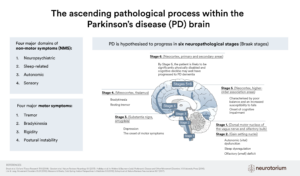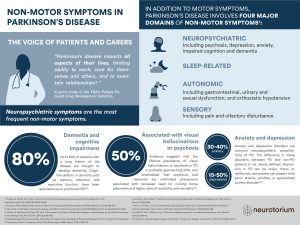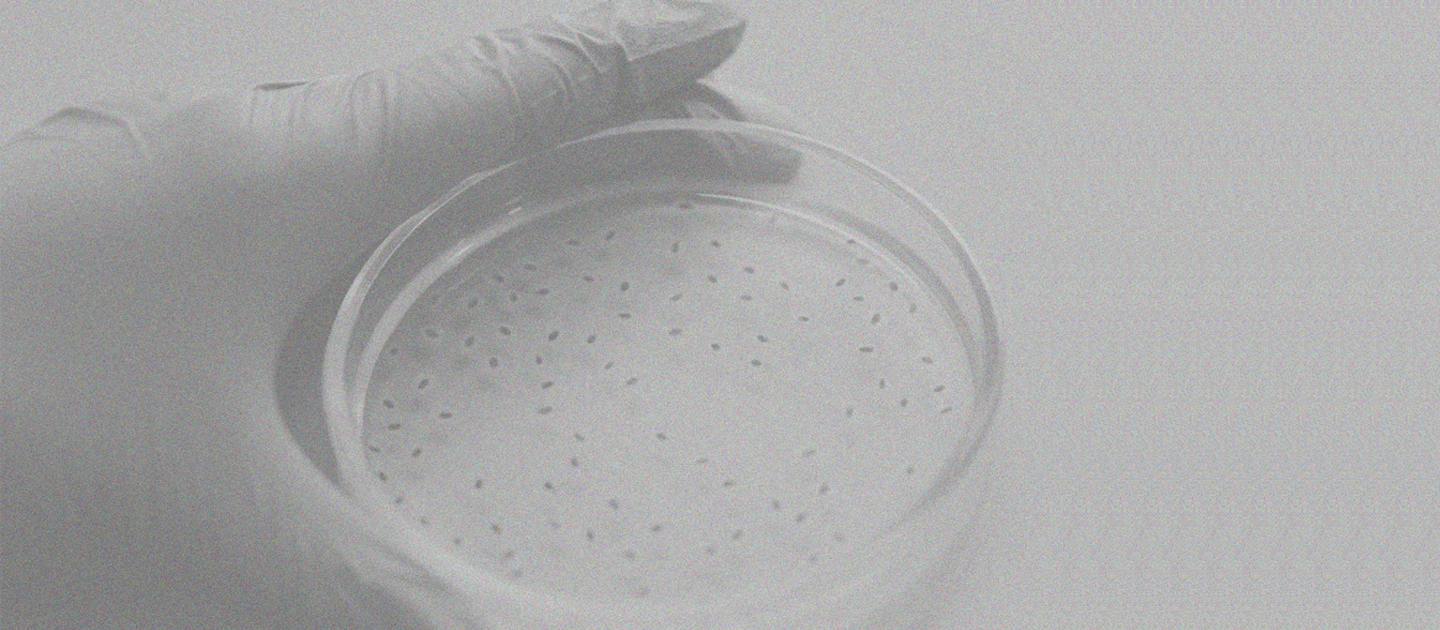Defining the circuits and the roles of neuronal classes that produce movements is critical; both for a basic understanding of how the nervous system works and, as importantly, for understanding what goes wrong in the various medical conditions affecting normal movement. In 2022, The Brain Prize – the world’s largest brain research prize – was awarded to Silvia Arber, Martyn Goulding and Ole Kiehn for having revolutionized our understanding of the cells and circuits underlying mammalian body movement.
Neurotorium and The Brain Prize collaborate on making this exceptional research available to clinicians who are working with matters of the brain in their daily lives.
In this documentary film, developed by the team behind The Brain Prize at the Lundbeck Foundation, you can learn more about how we mammalians move and the research that led to the brain prize in 2022. Patients who suffer from Parkinson’s Disease experience first-hand the consequences of motor circuit dysfunction.




